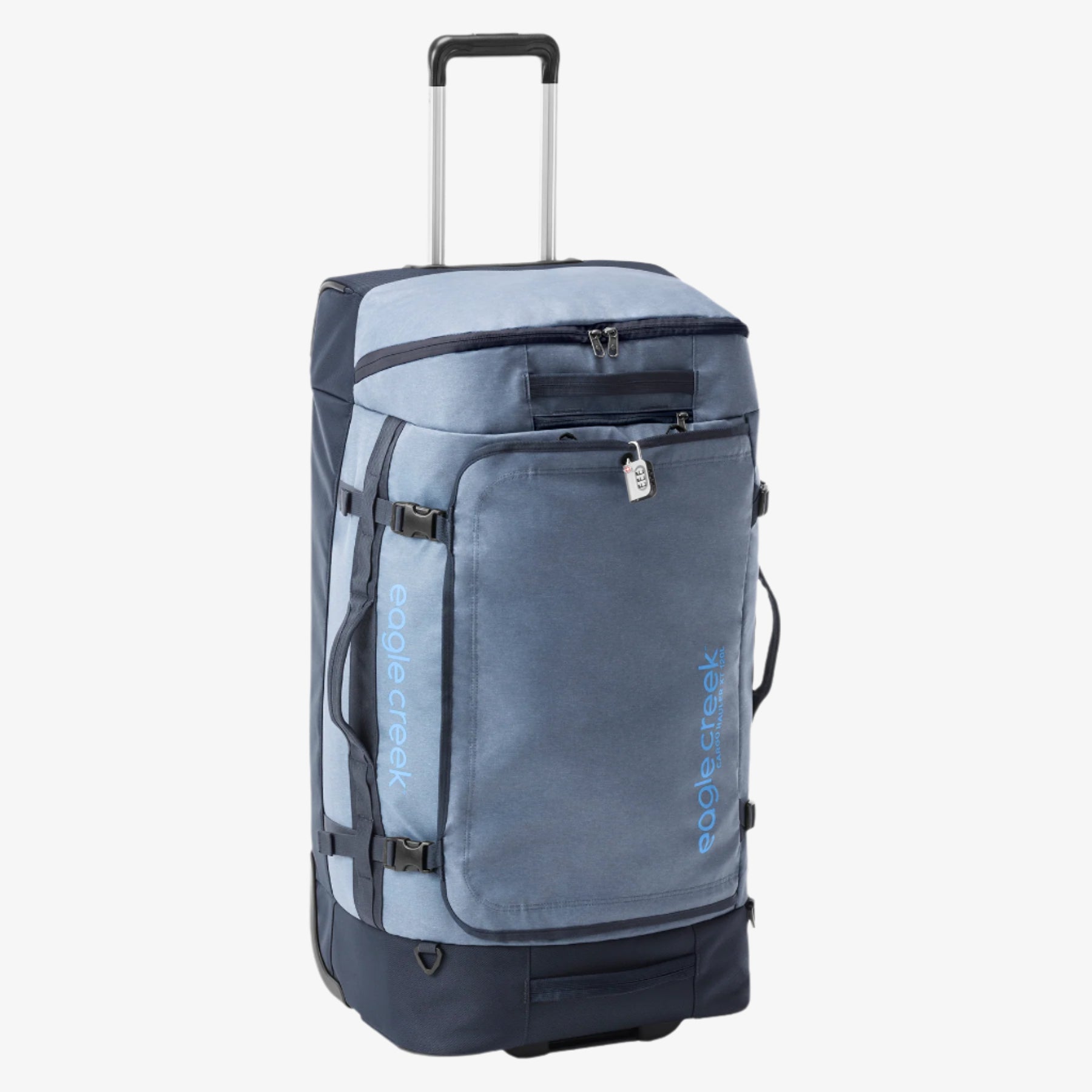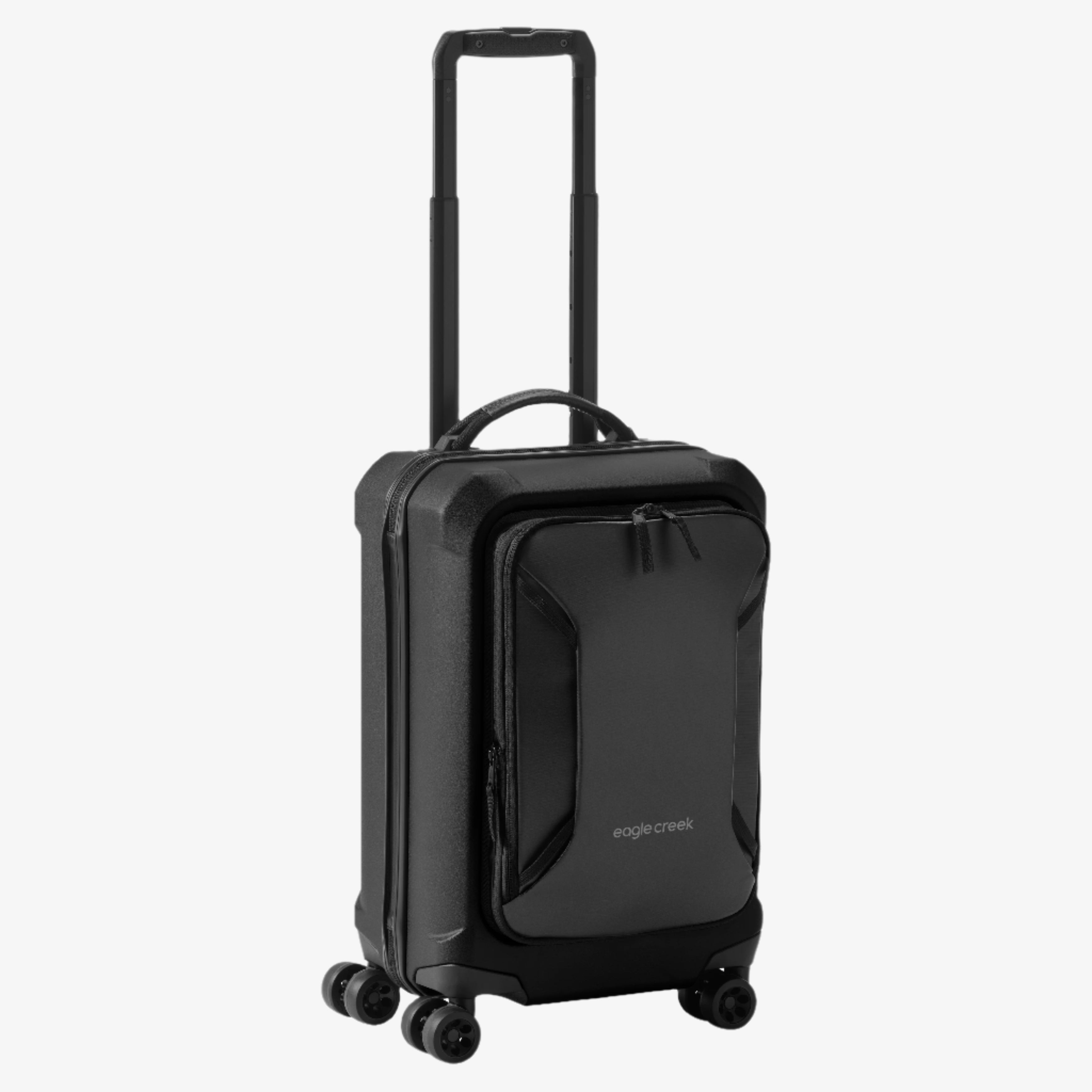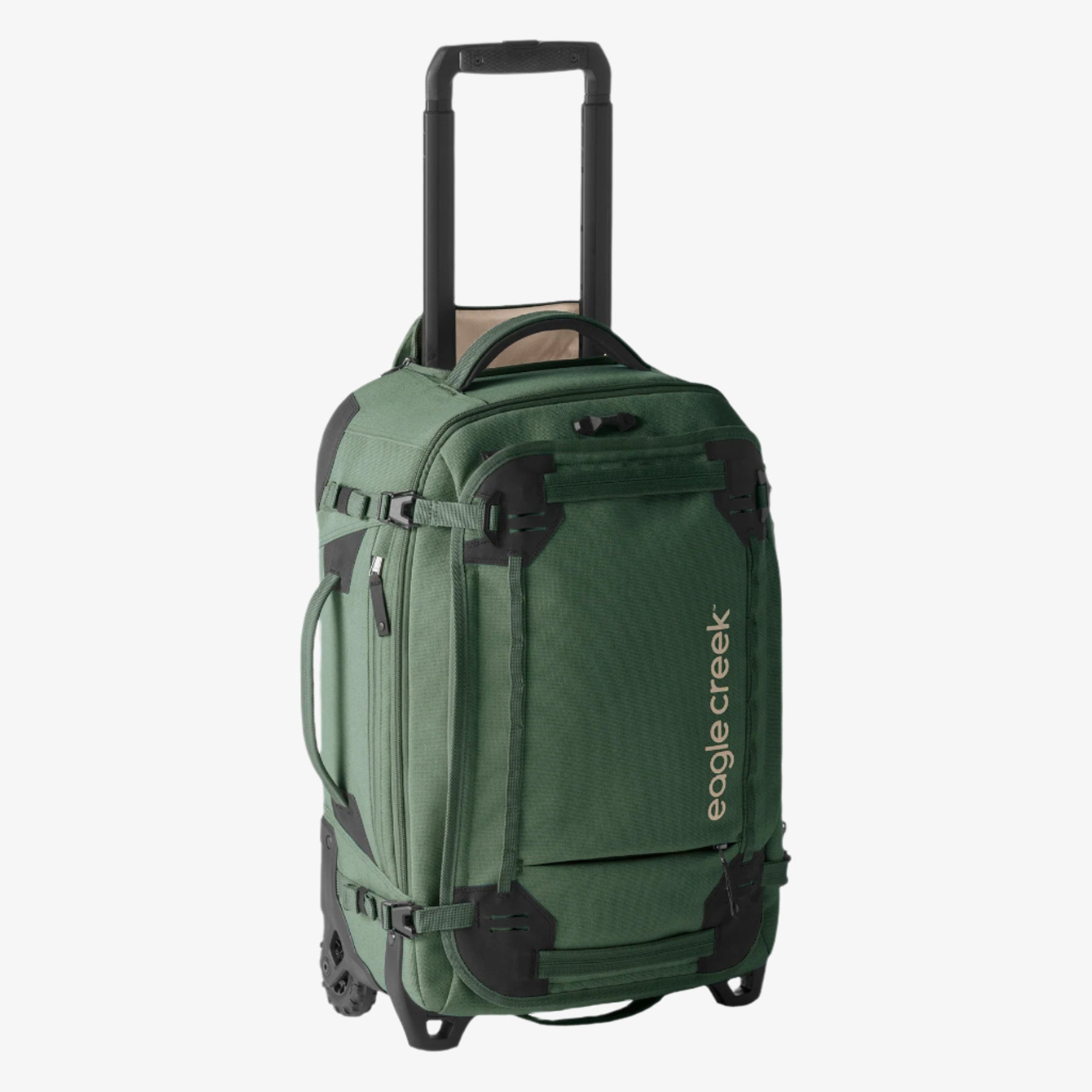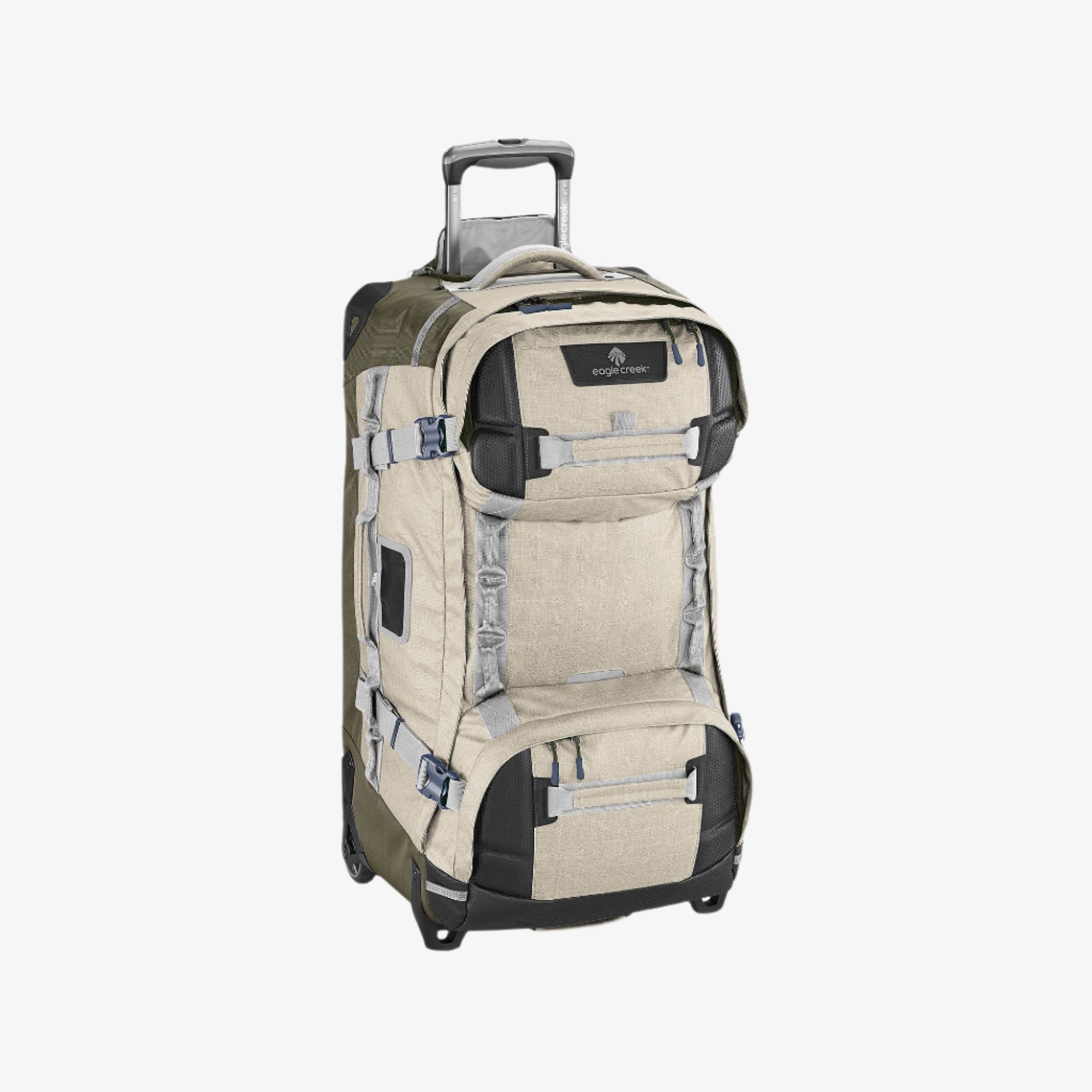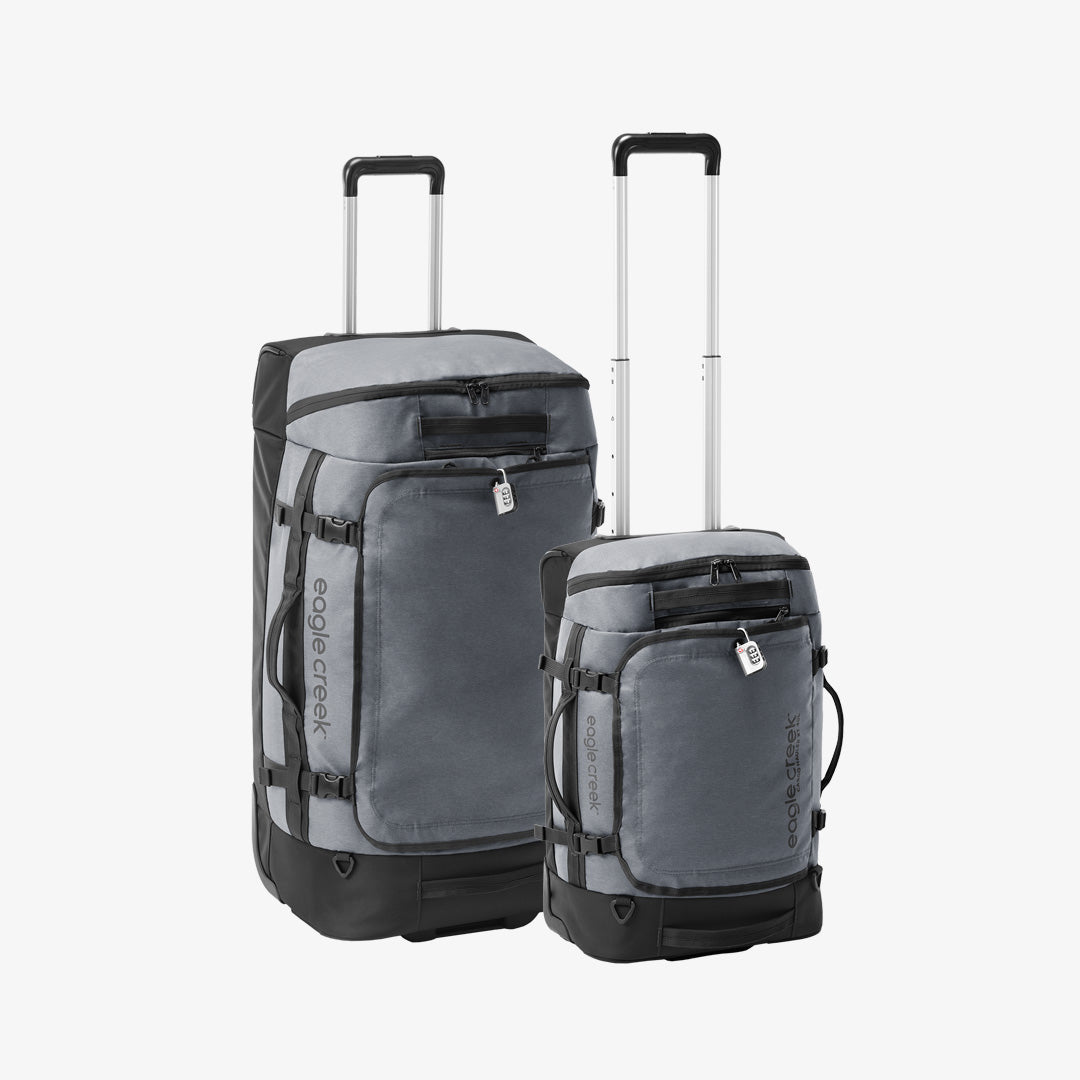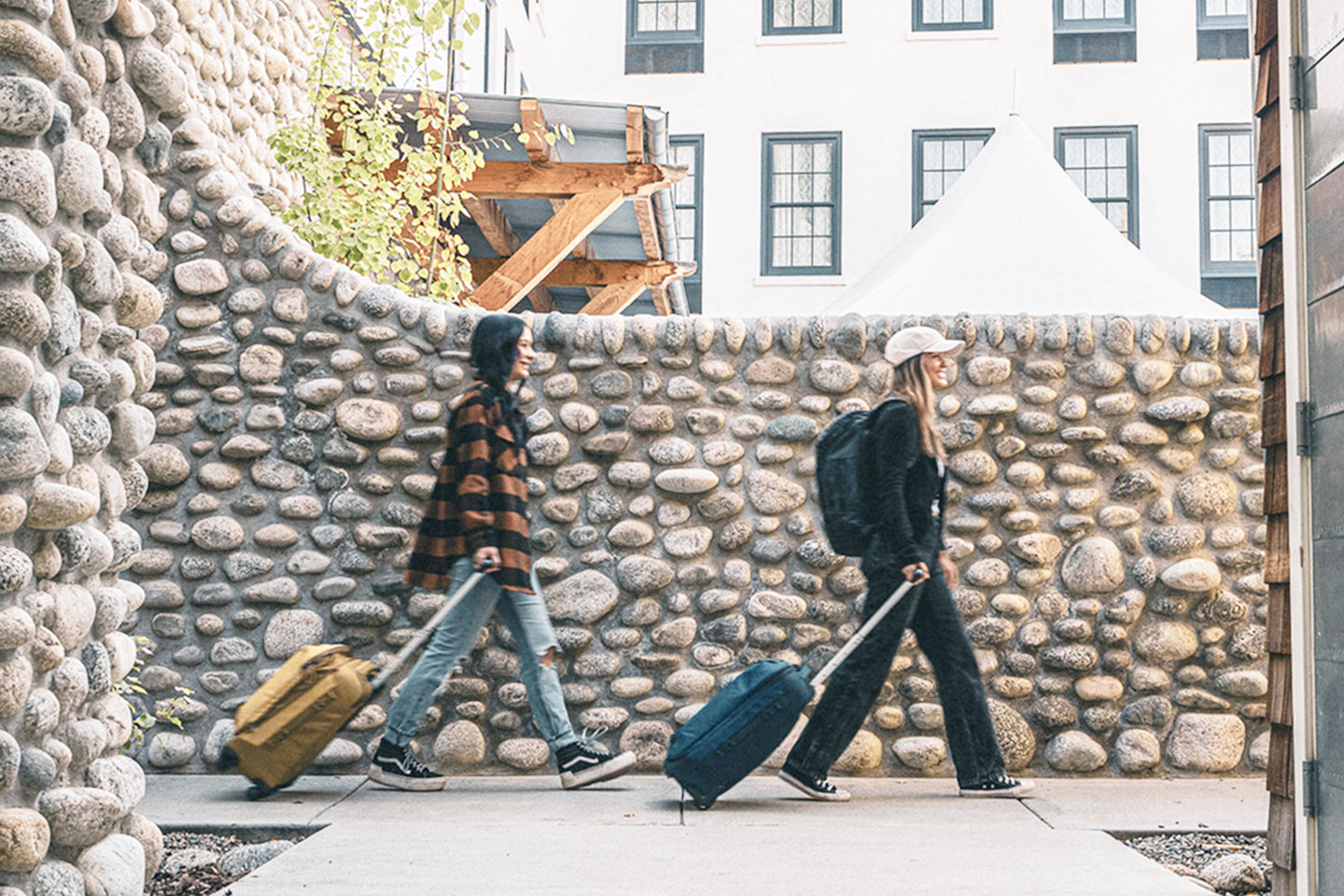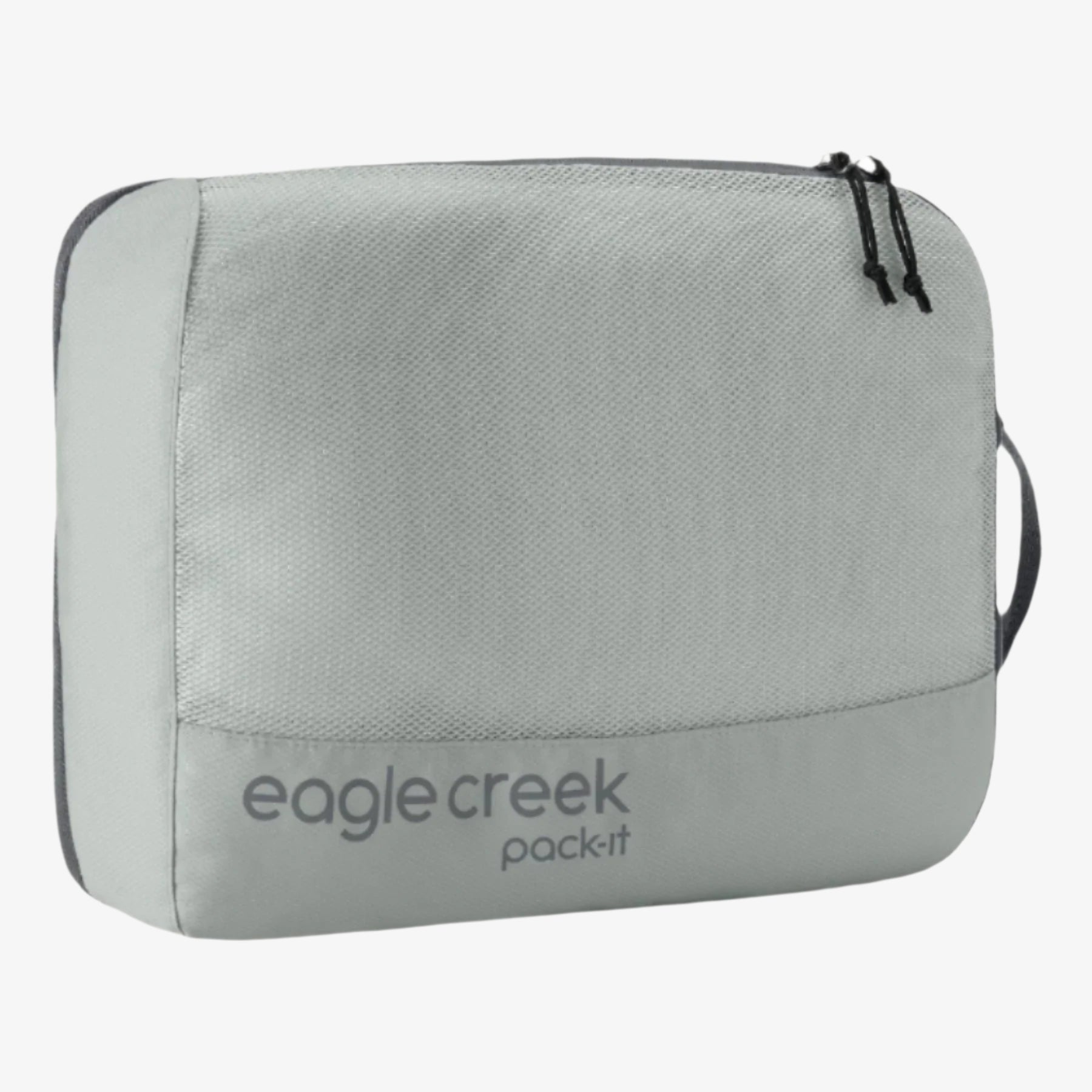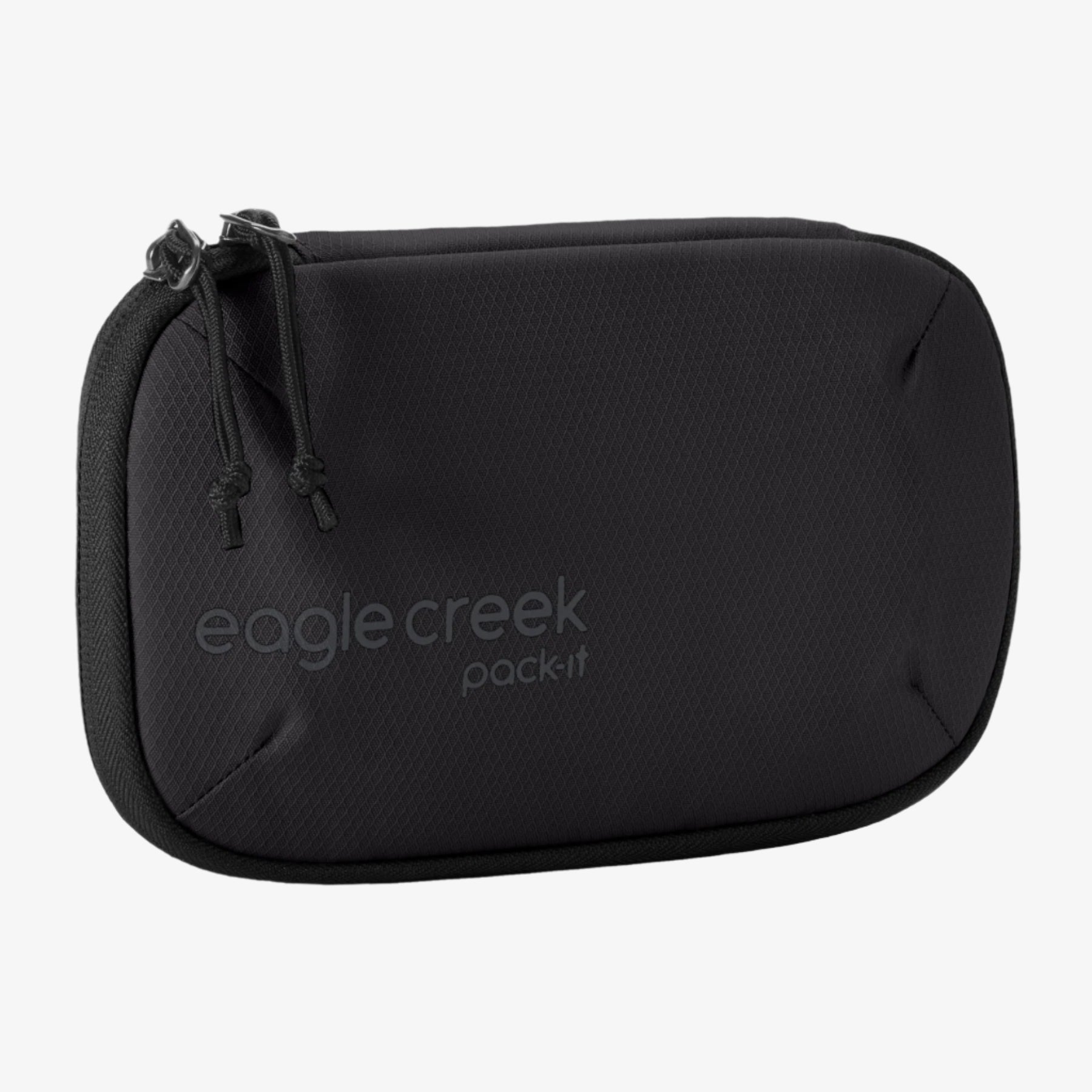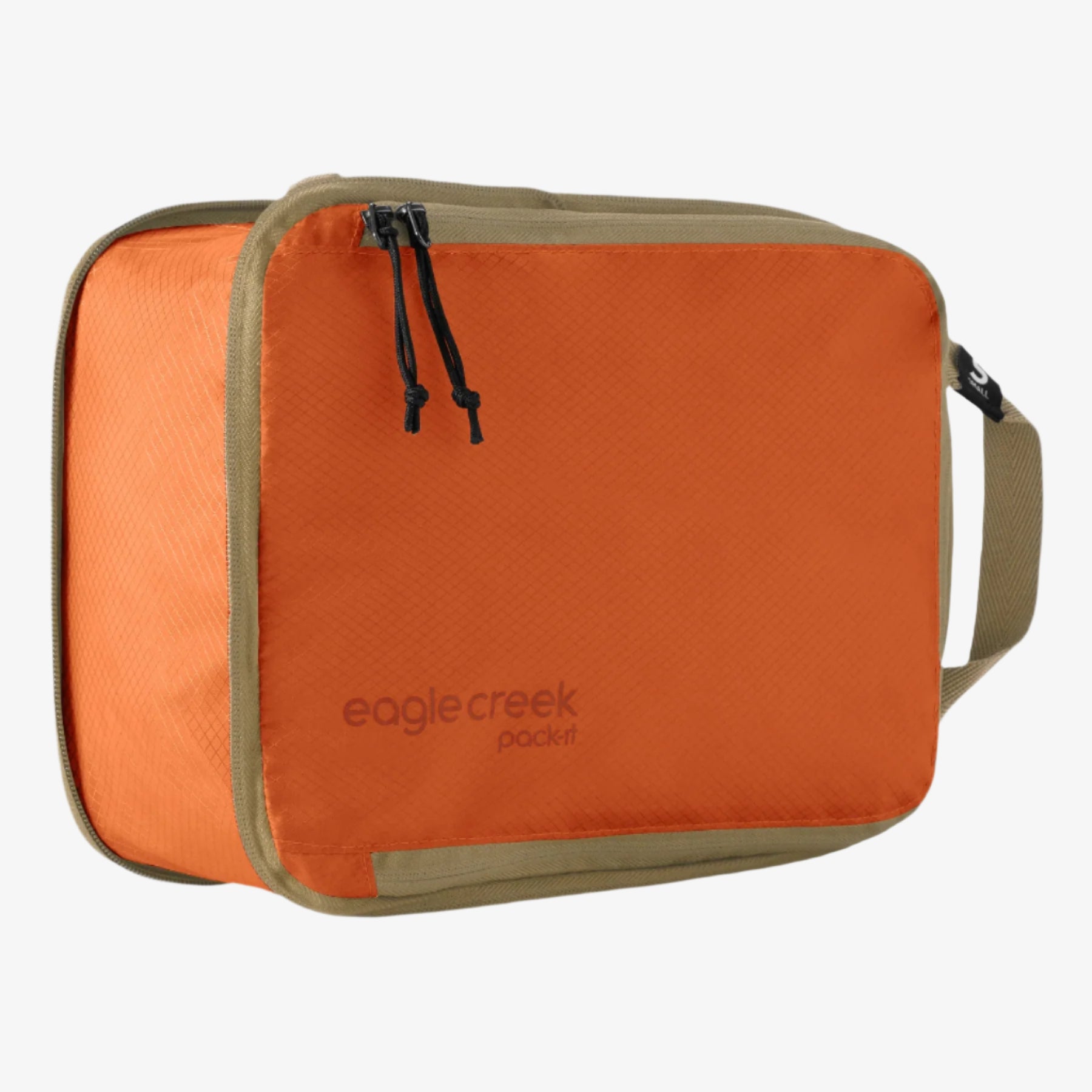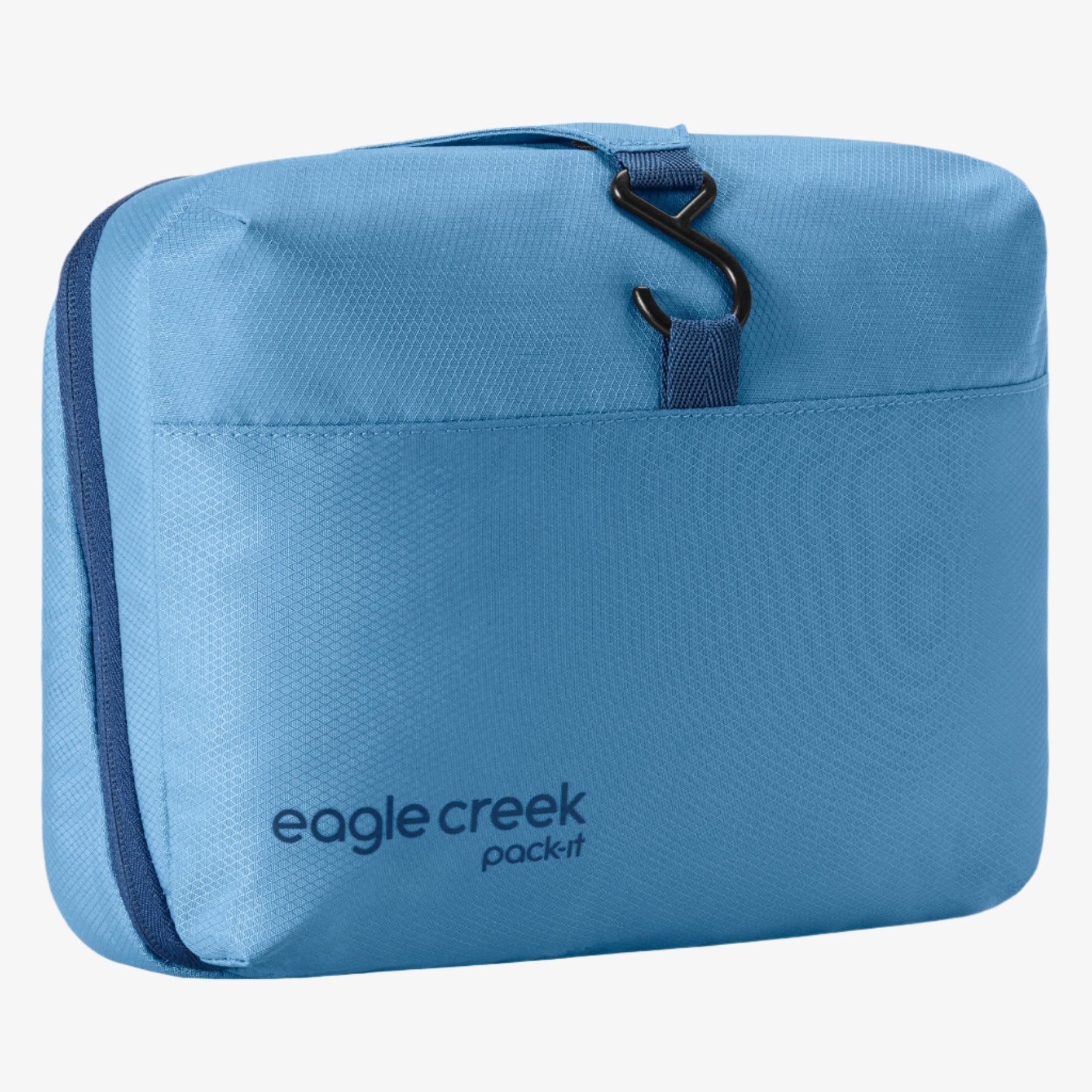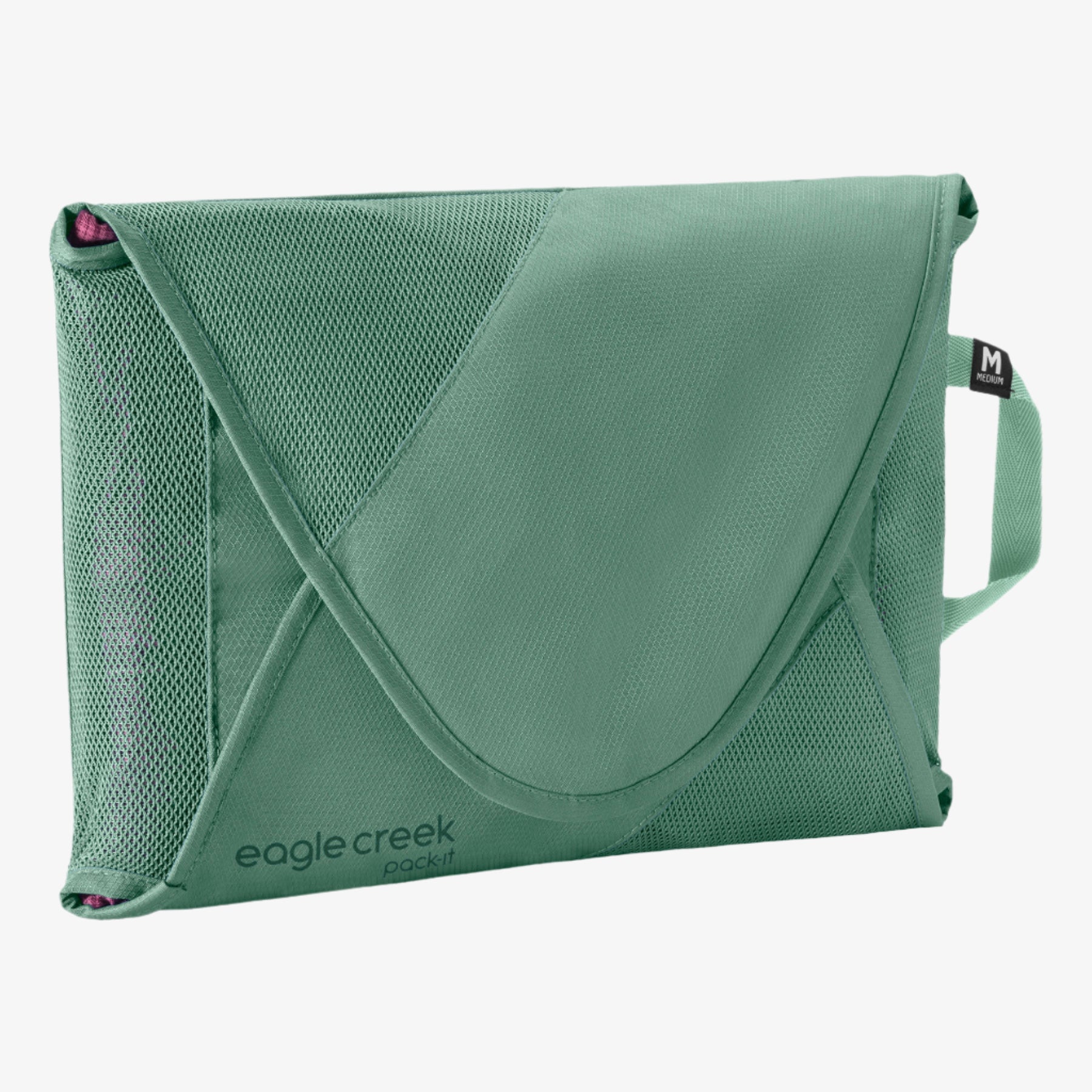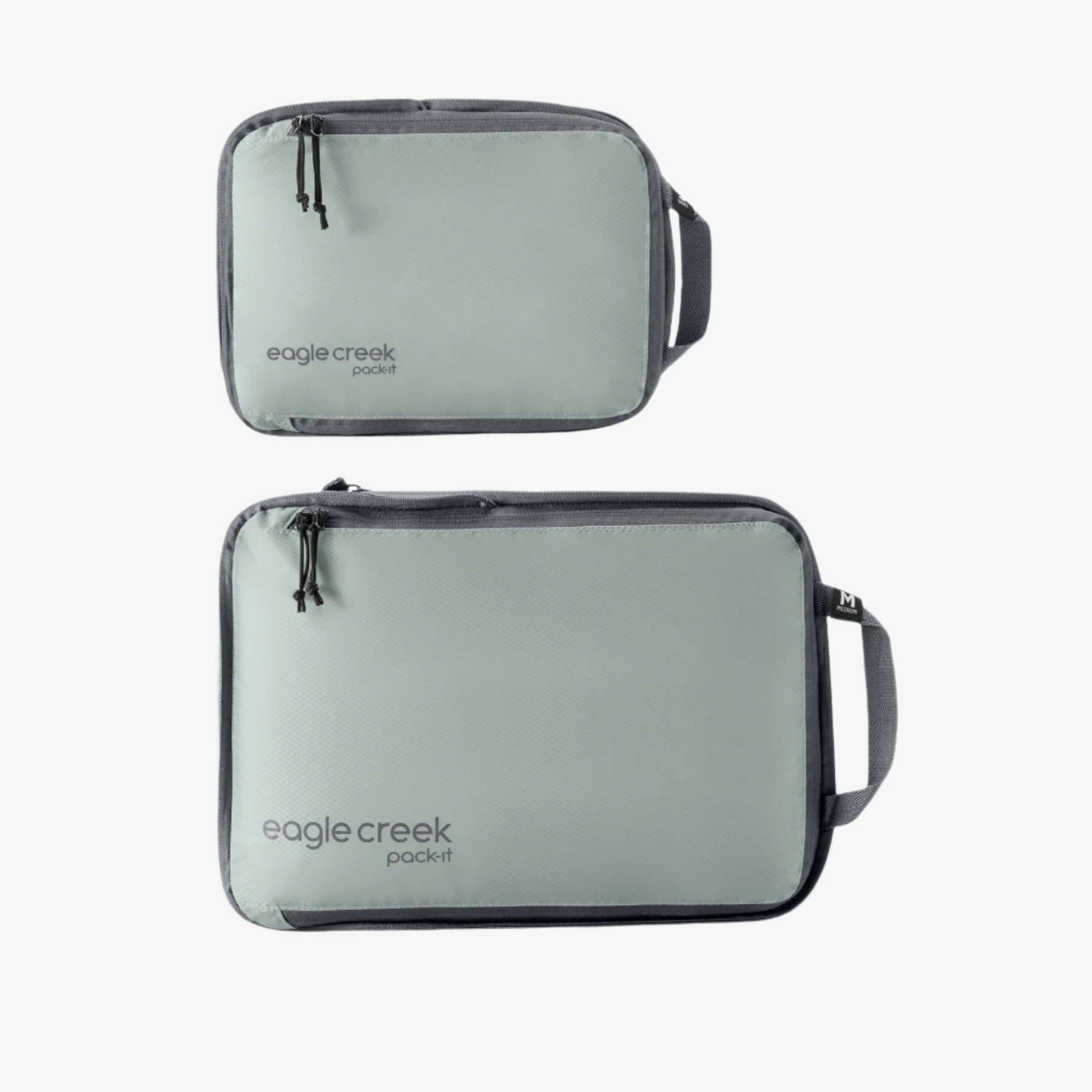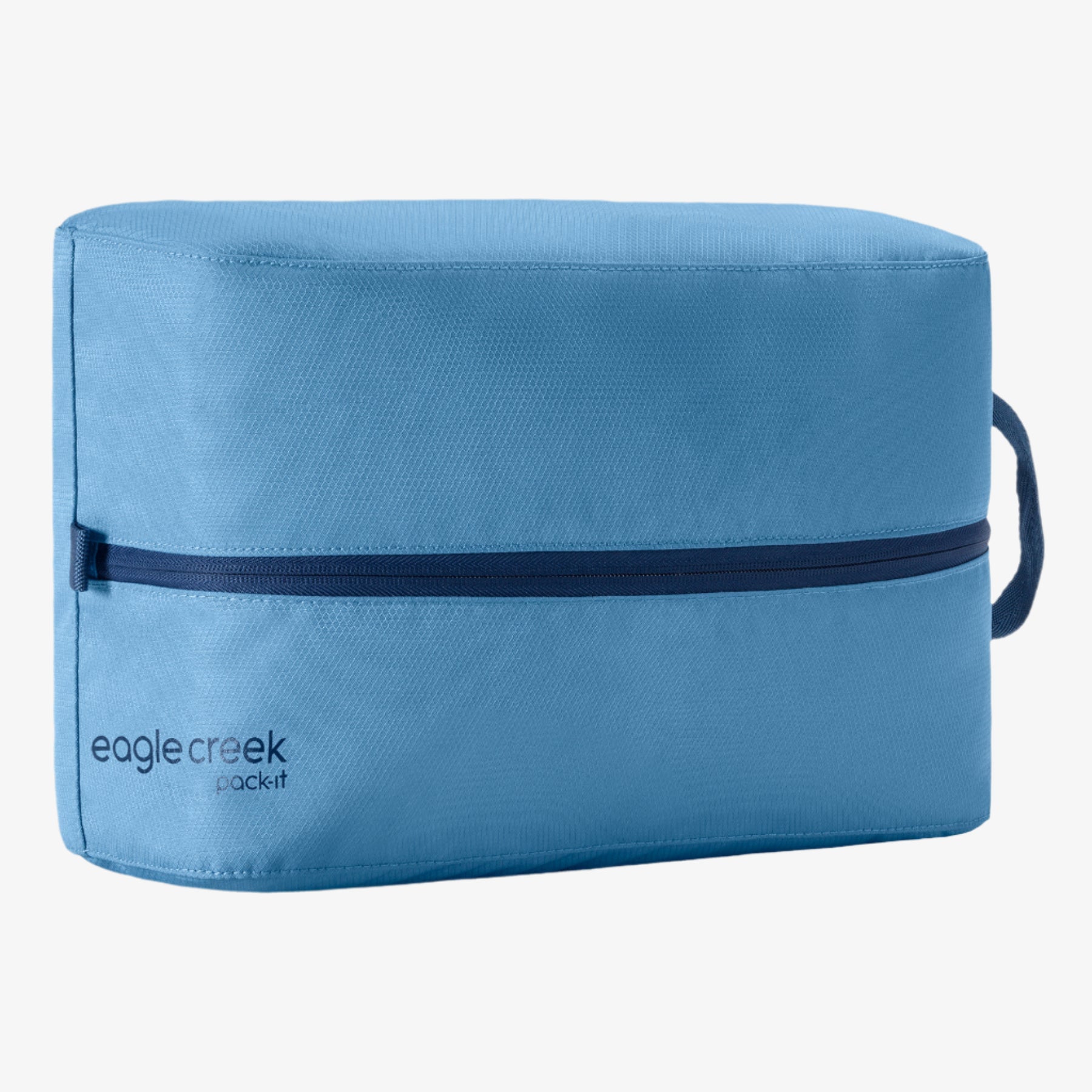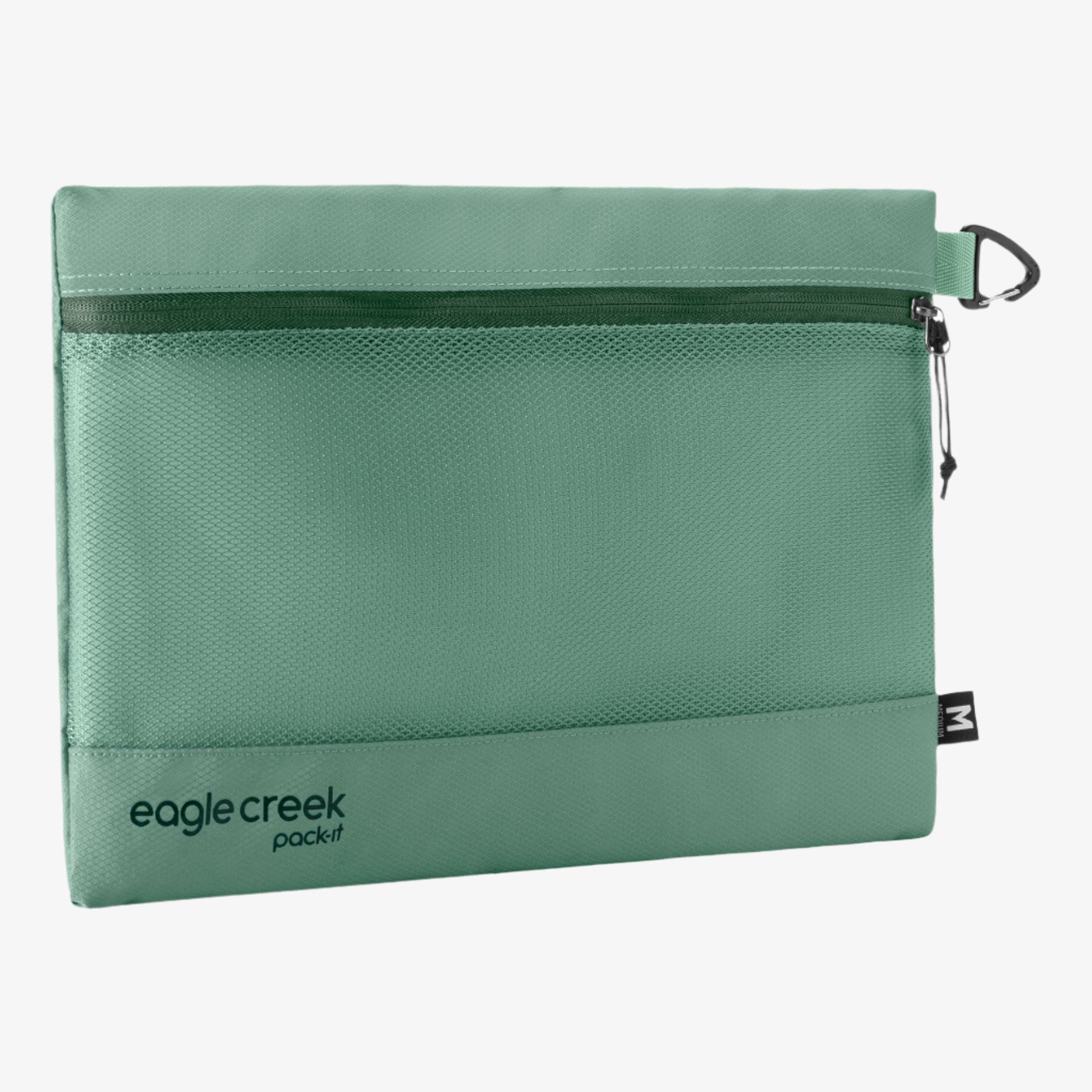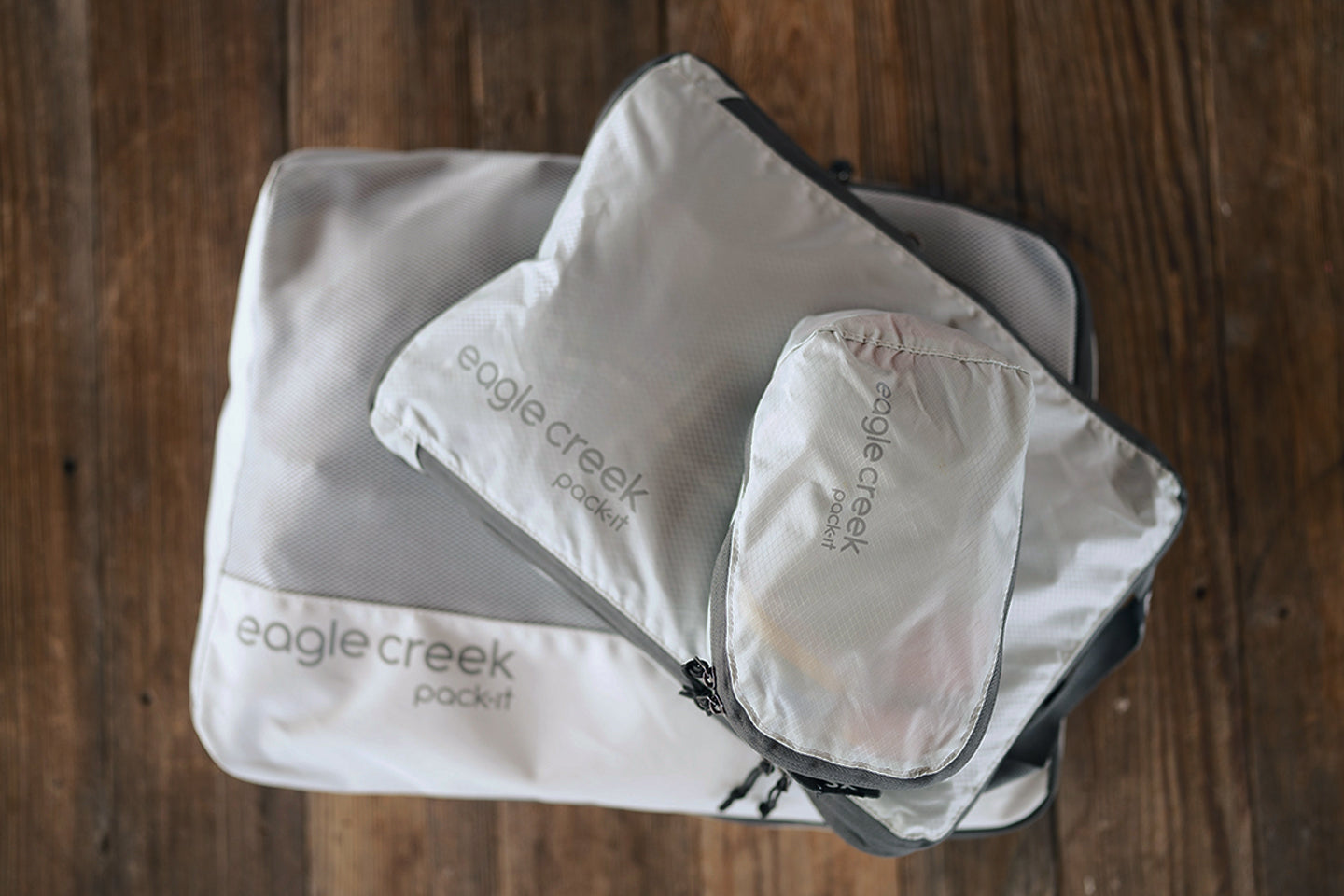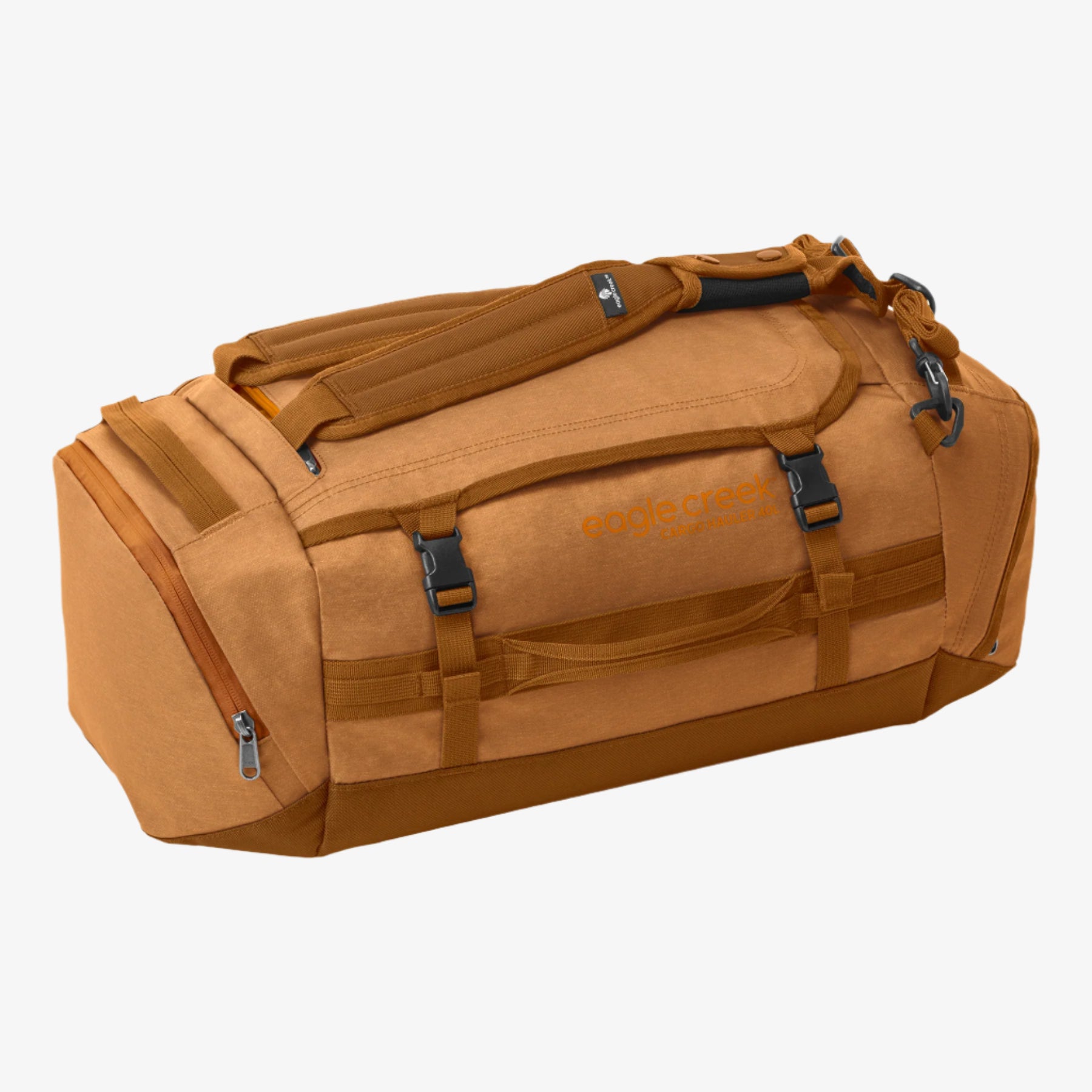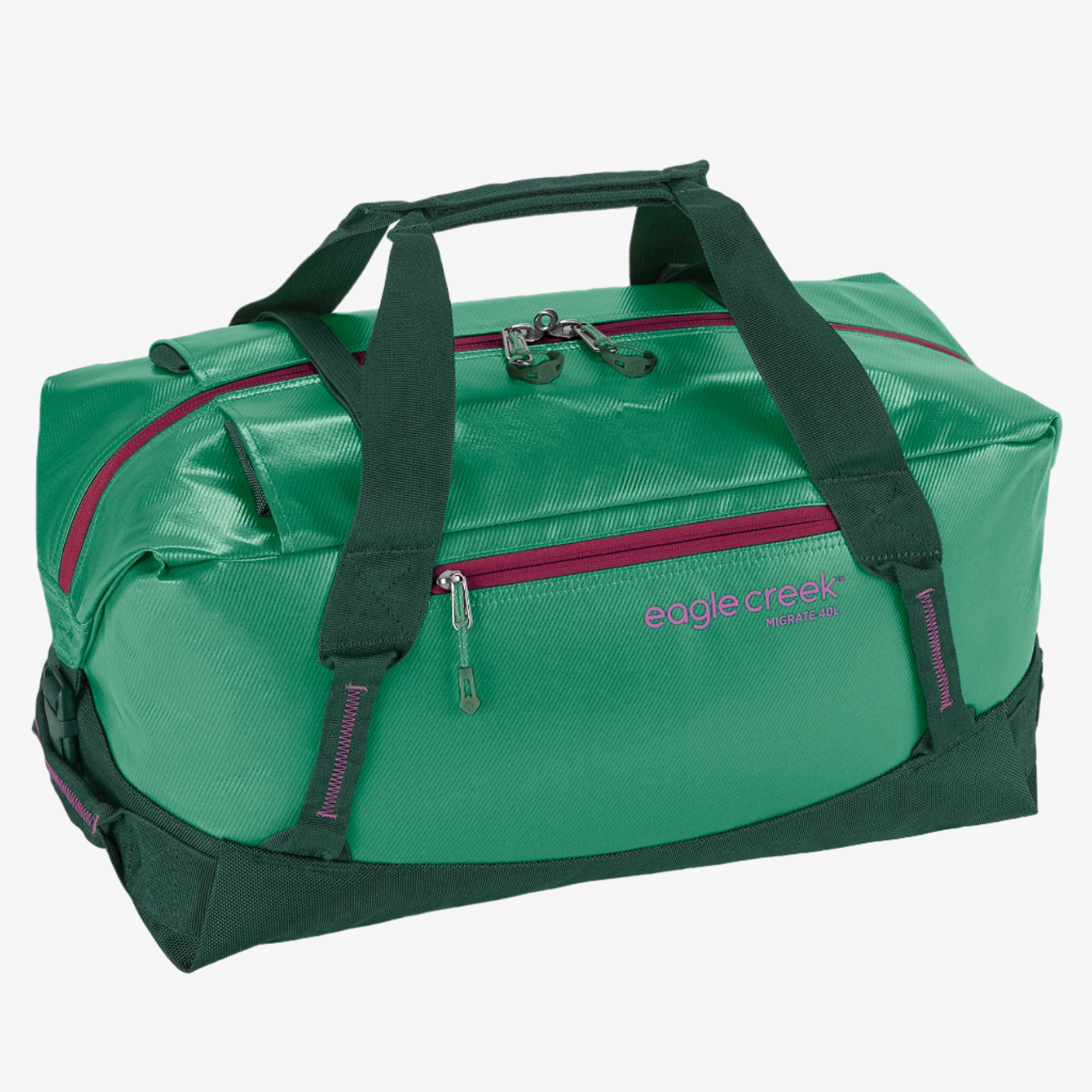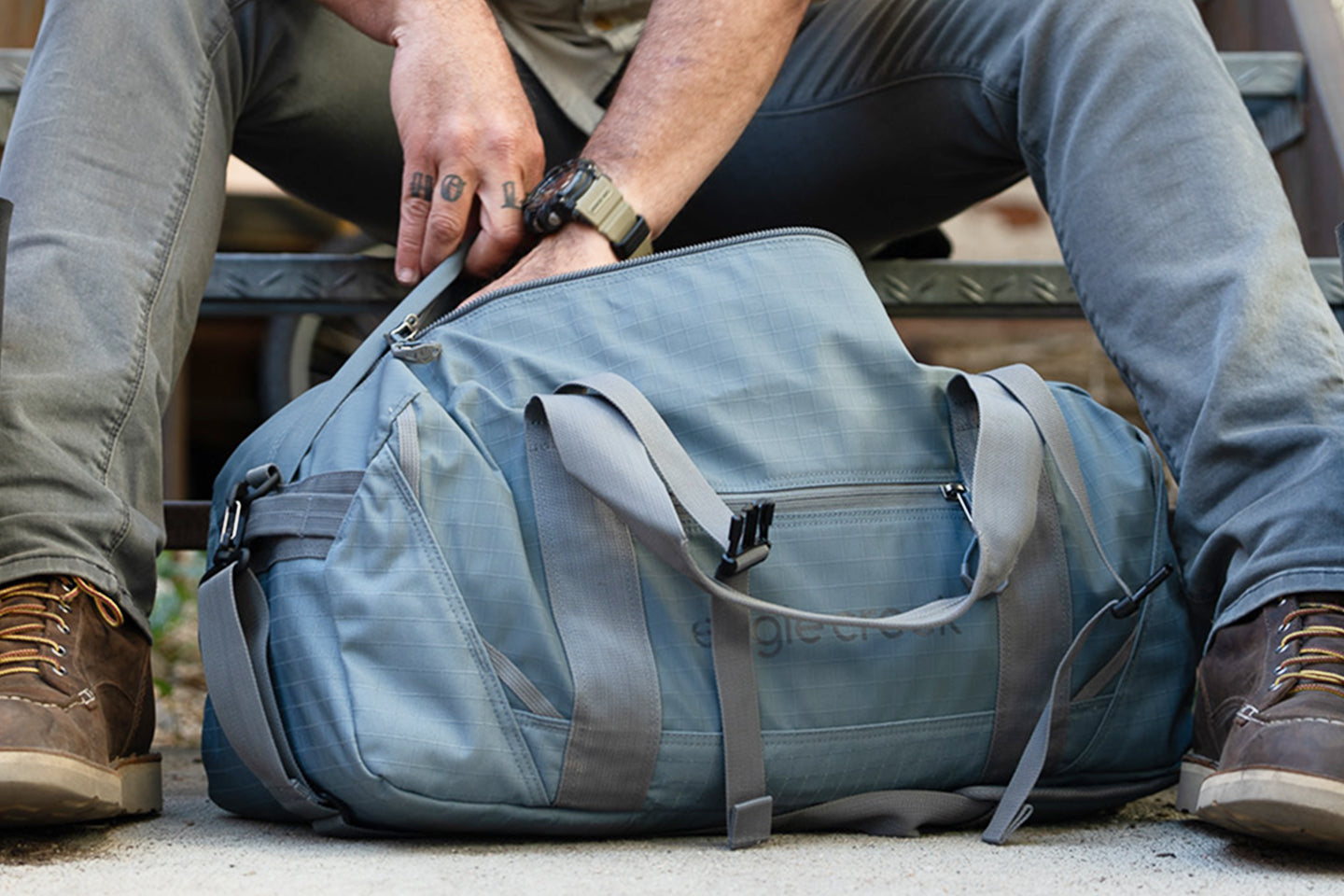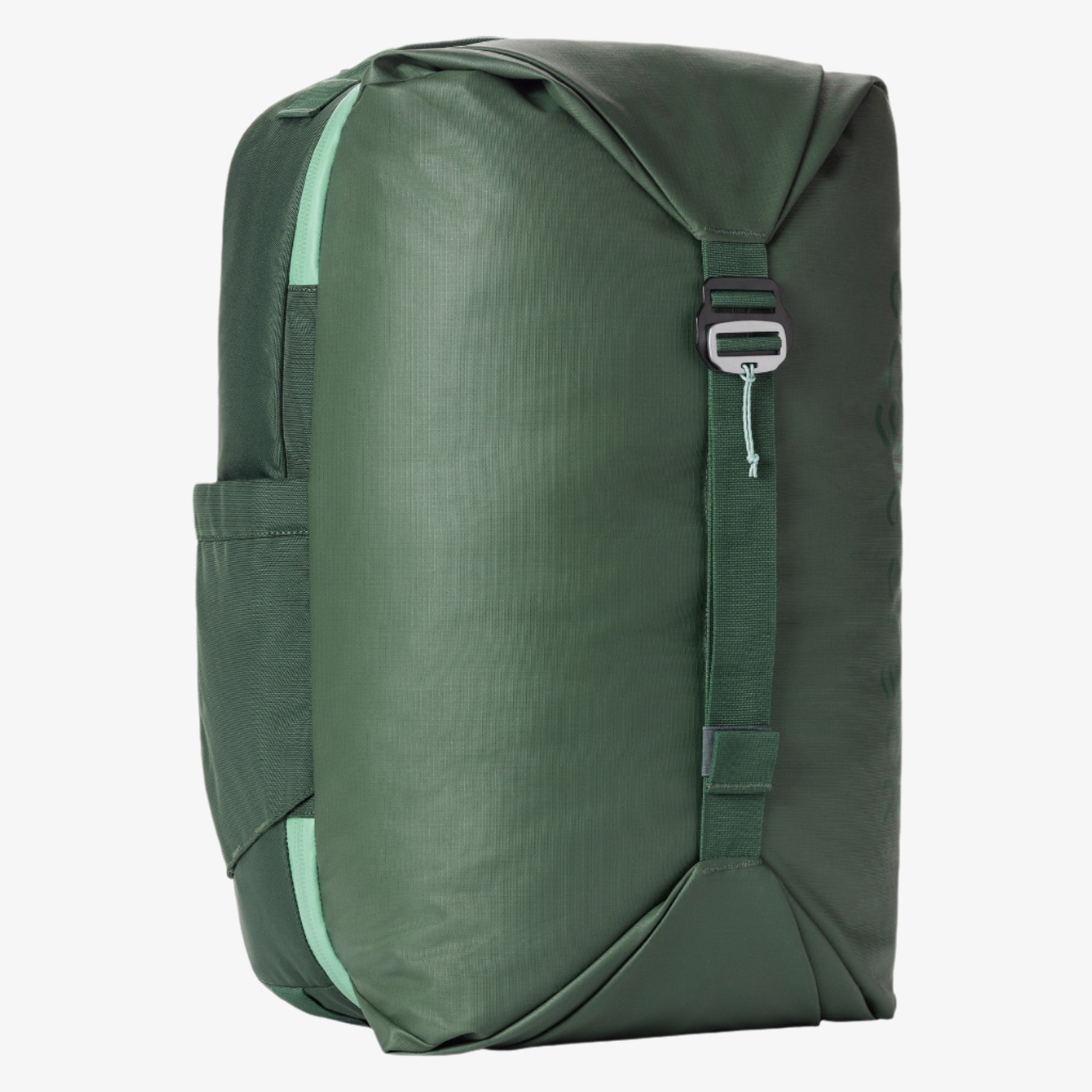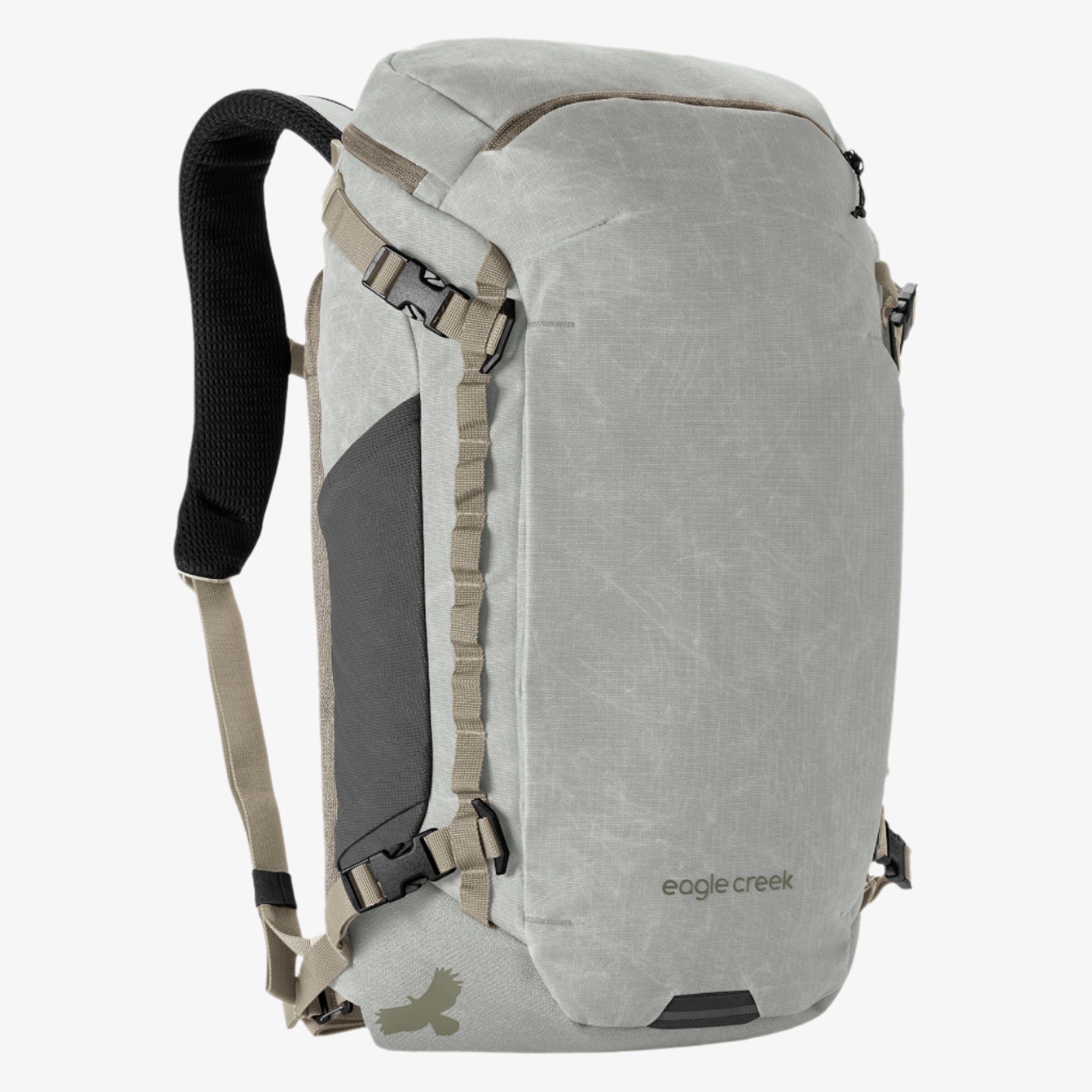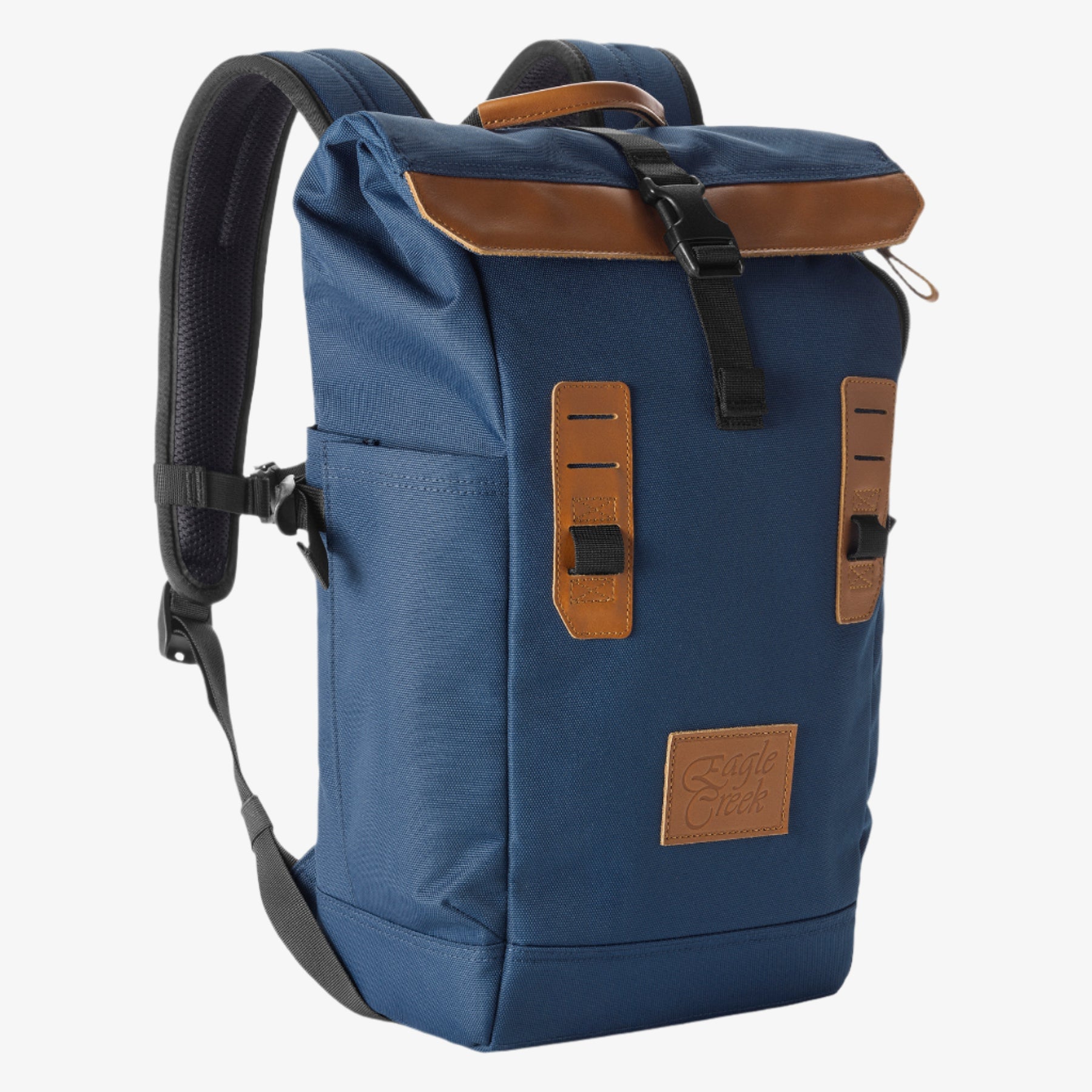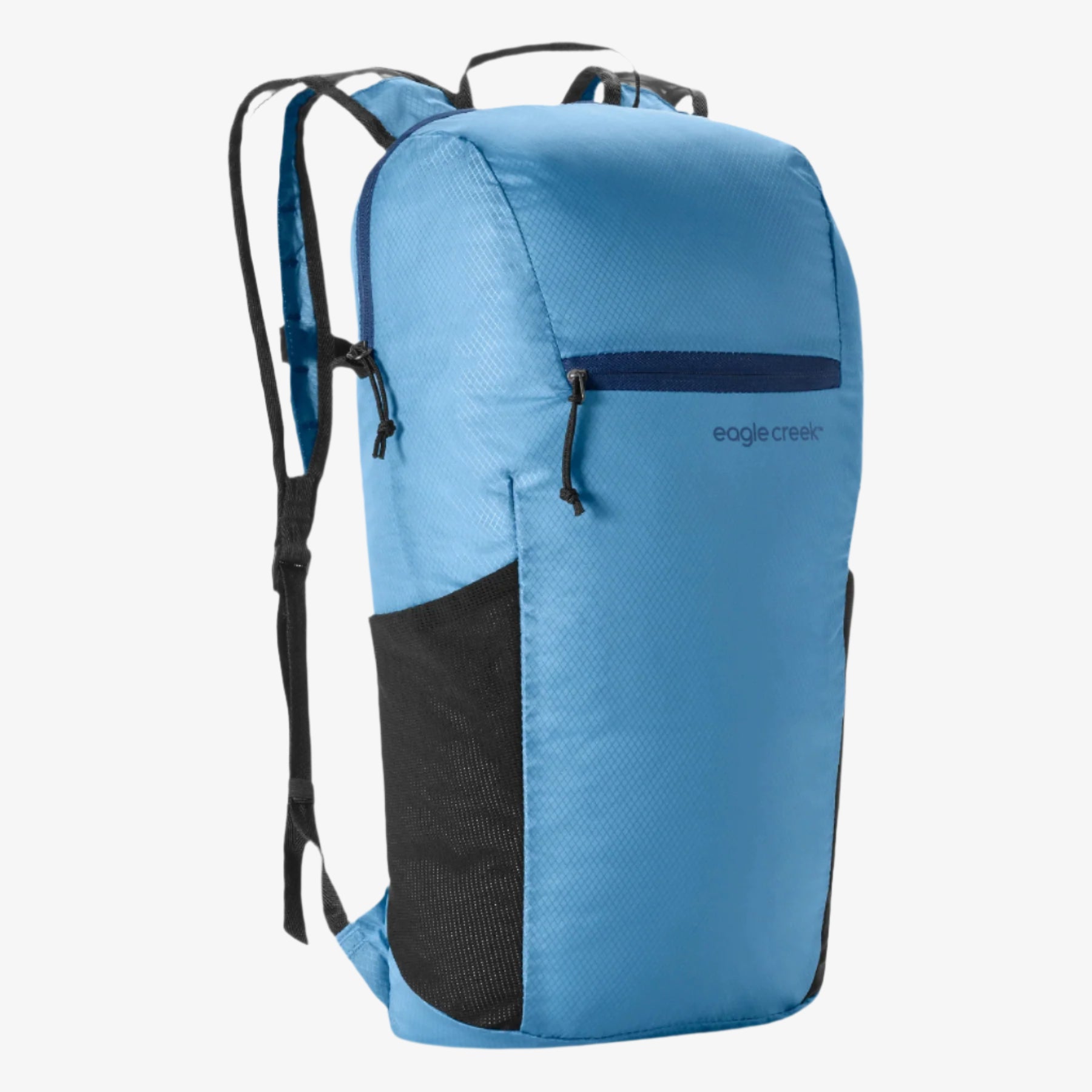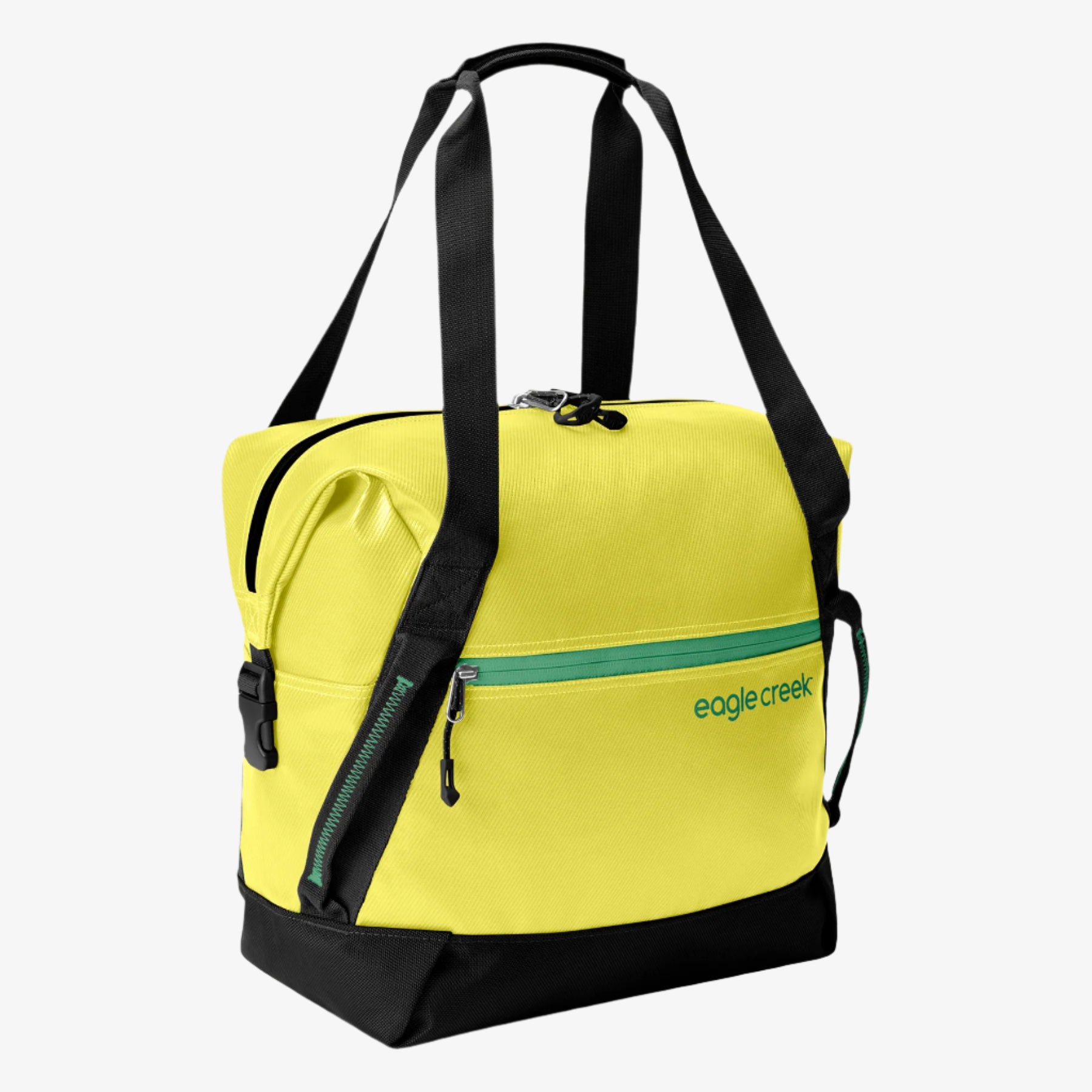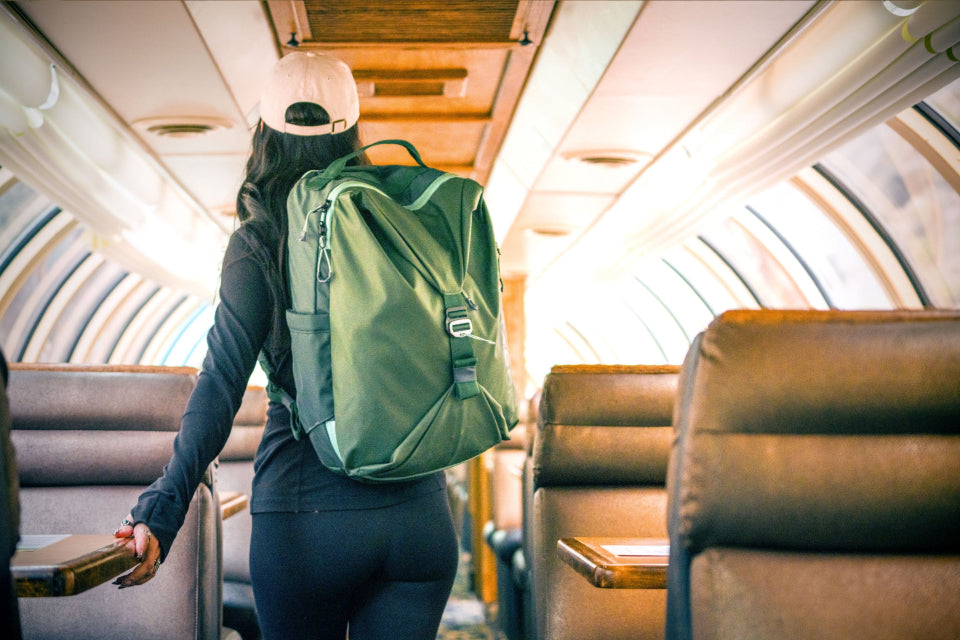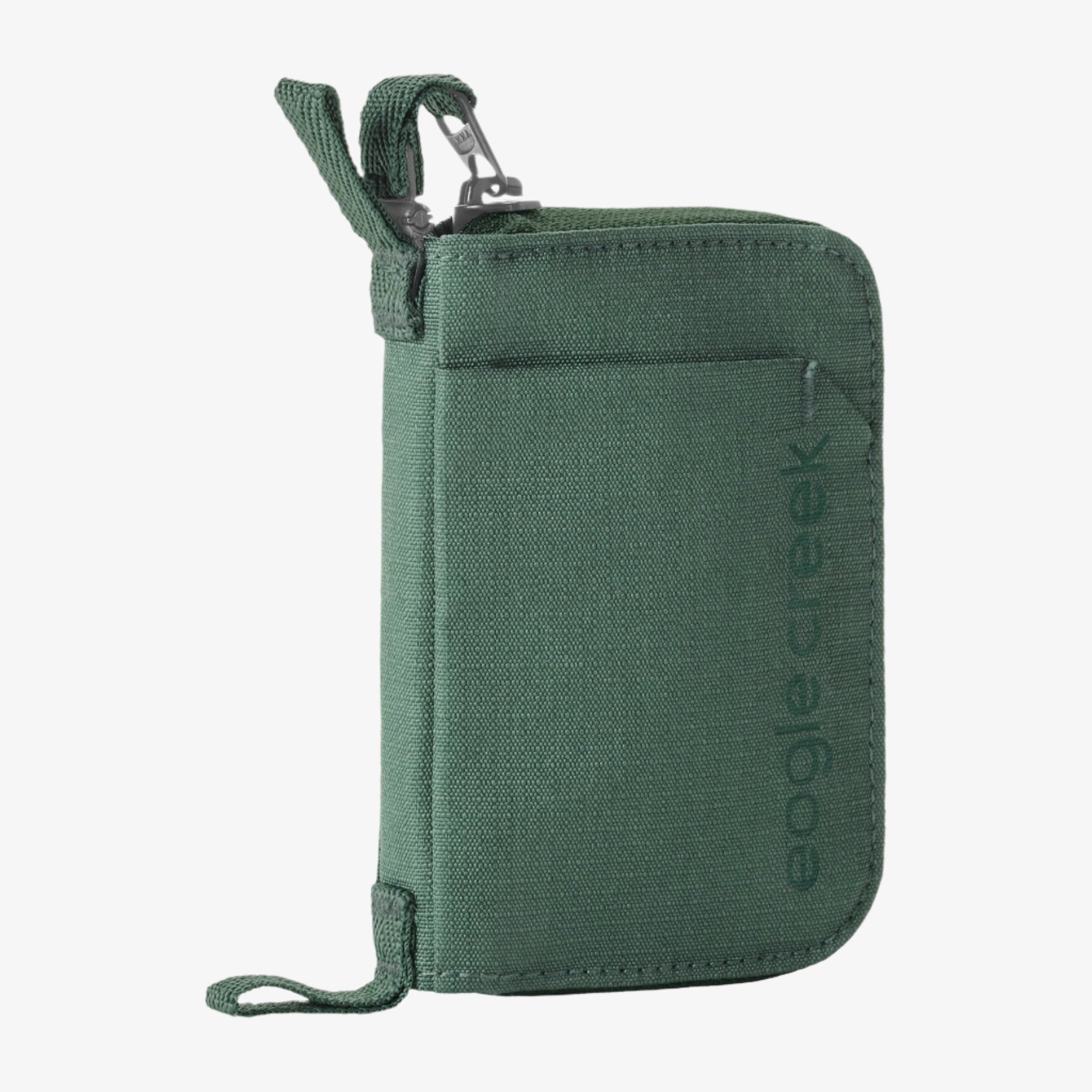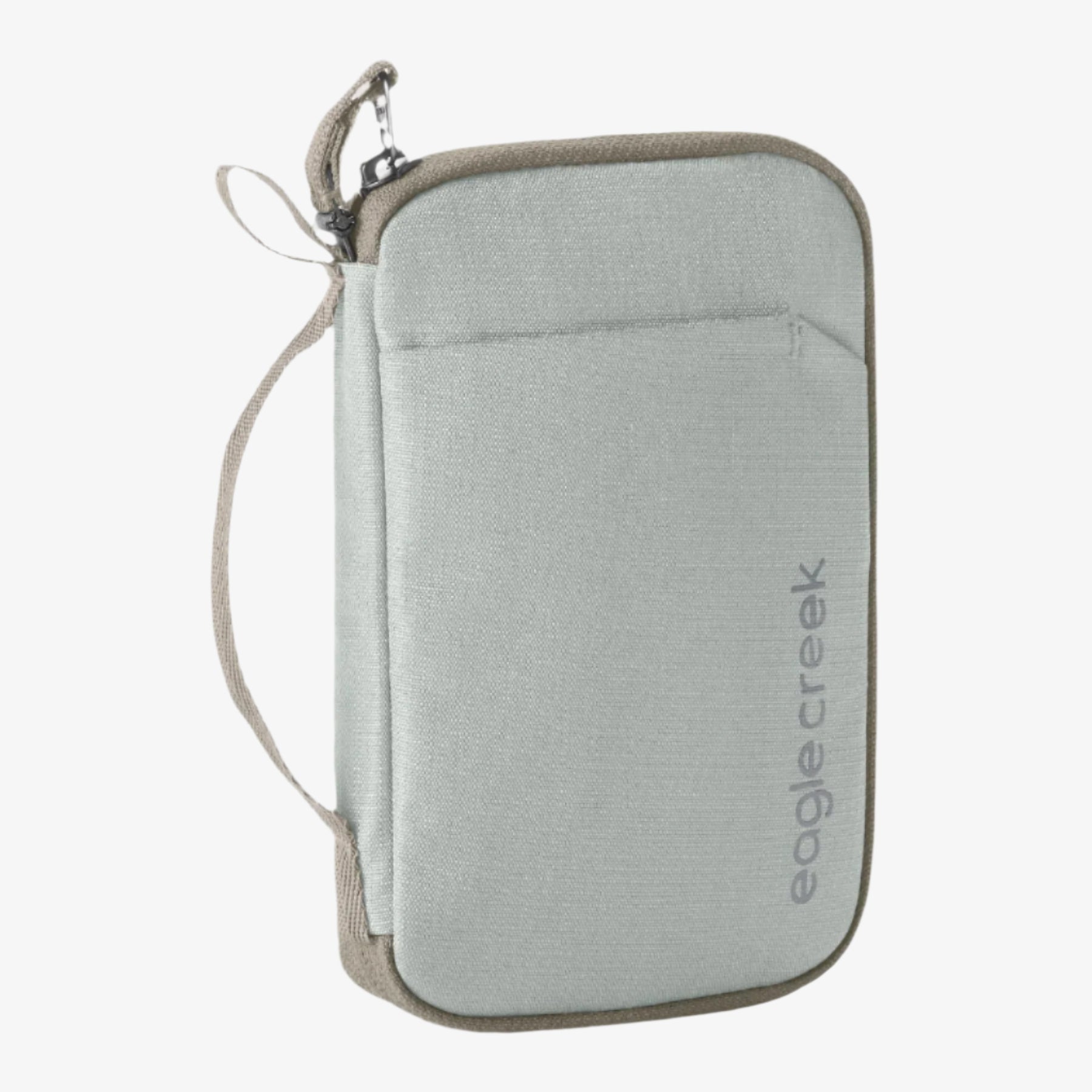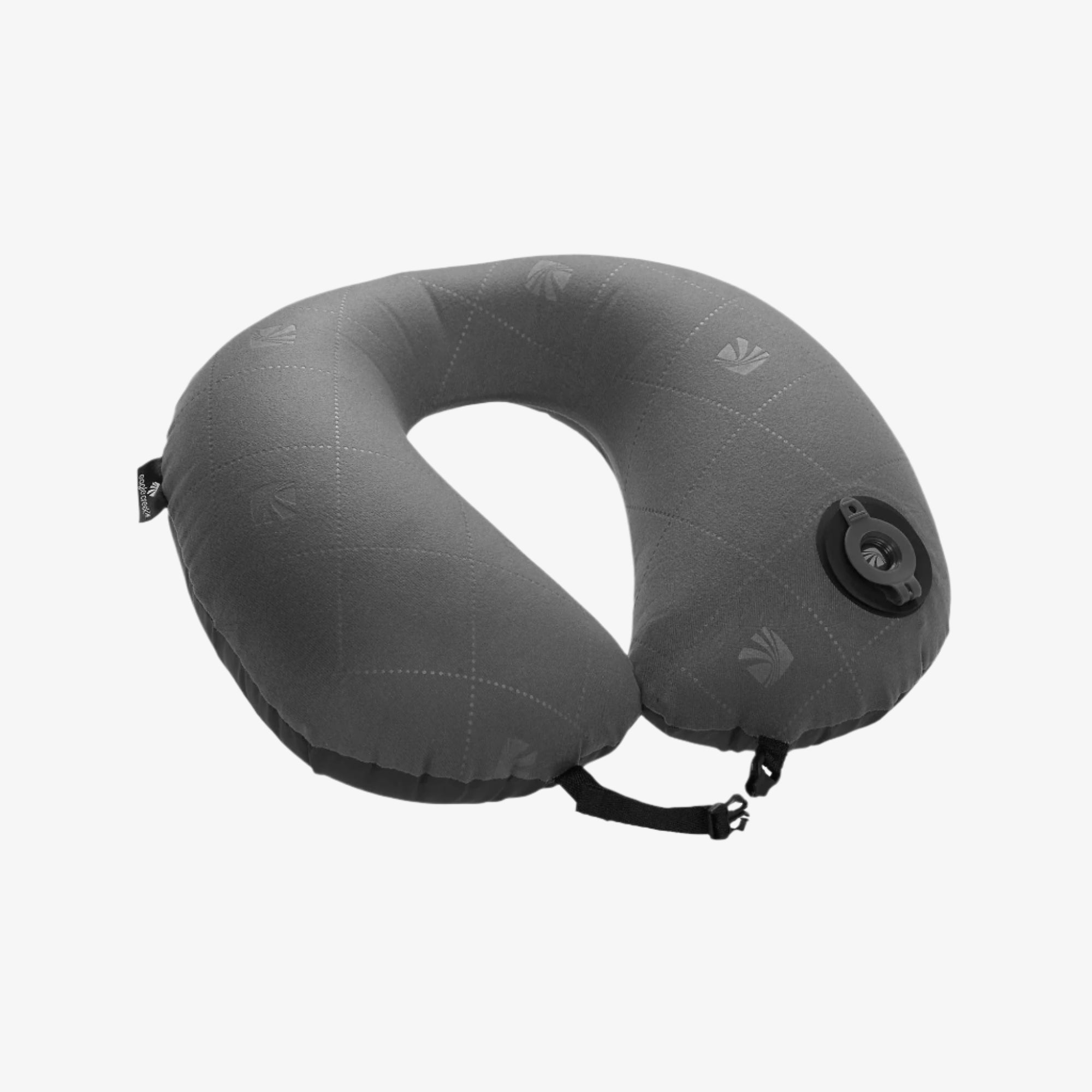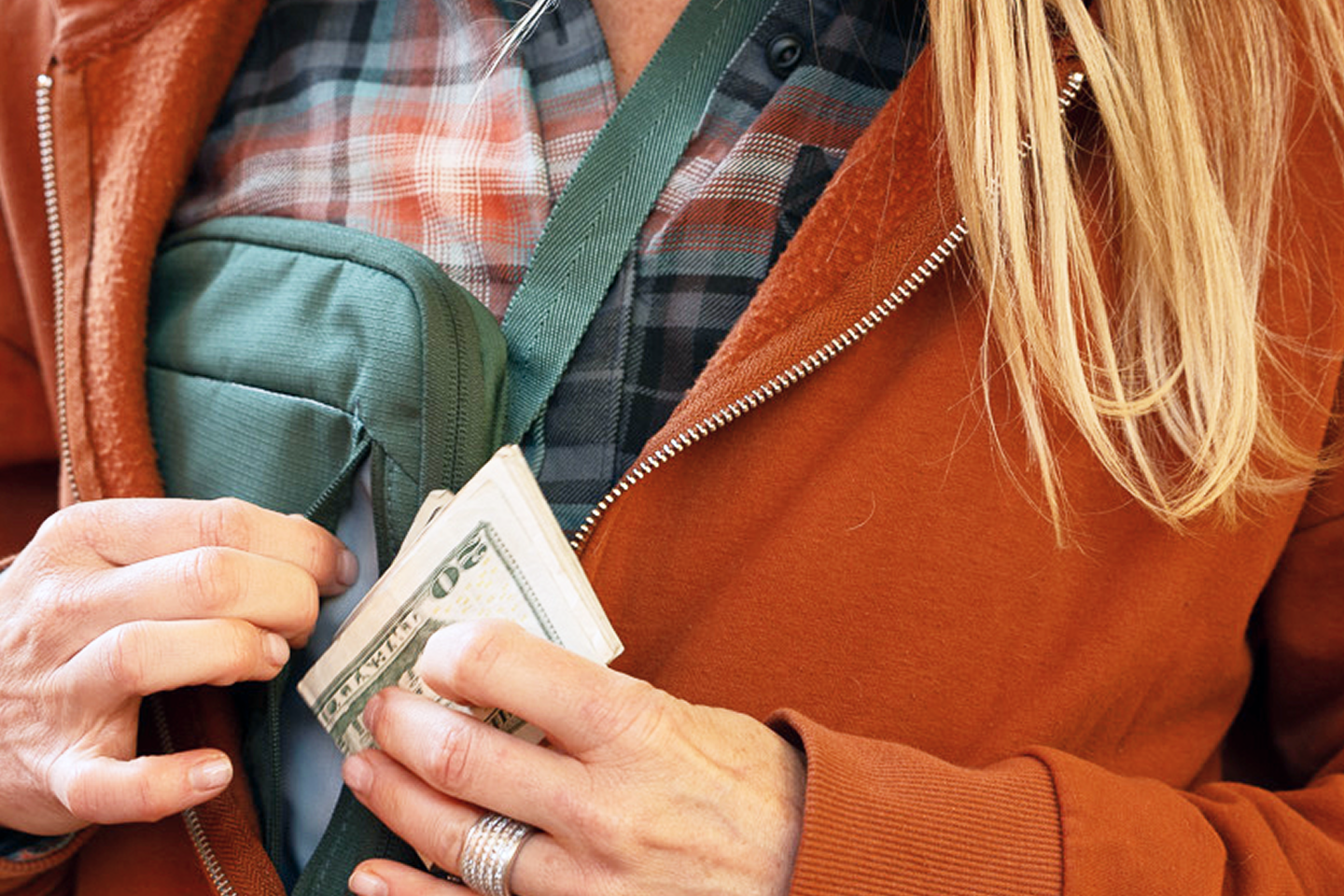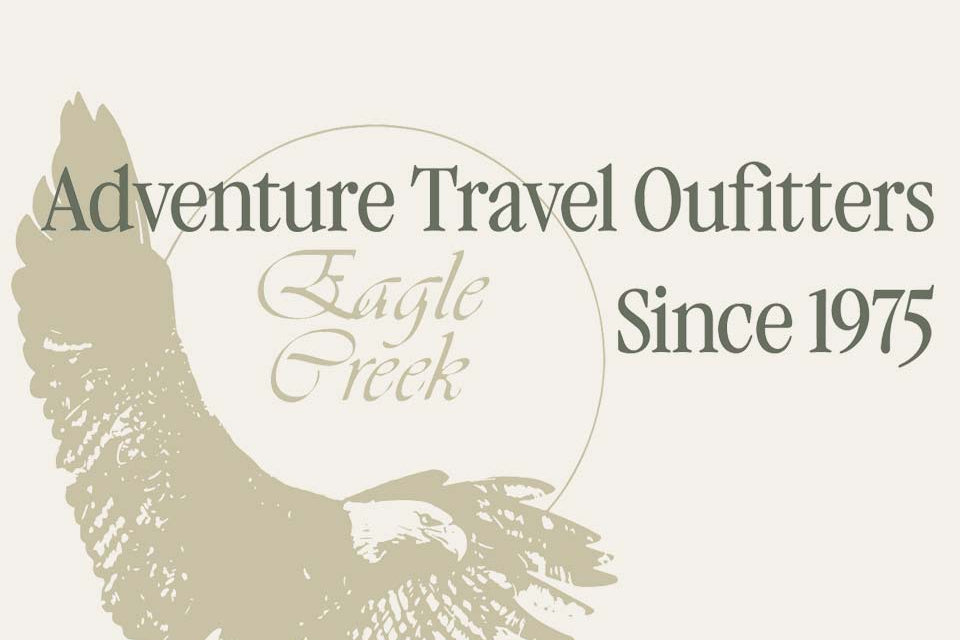
Are you eager to summit peaks in Africa and simultaneously give back to the community? A new social good program in East Africa, developed MSR and Flying Kites, invites travelers to adventure in the mountains of Tanzania and Kenya while changing the lives of local kids.
I hike around the crater’s edge and brace myself against the chalky walls that tower above the increasingly narrow singletrack. The rock face is powdery, non-perpendicular, and full of soft curves: It looks like petrified foam rather than a geological masterpiece. The path tightens and only a single foot fits in the rut that’s been created by a consistent flow of hikers.
I’m exploring Mount Longonot National Park, an extinct volcano that stands like a queen in Kenya’s Great Rift Valley. Trekkers ascend from the park’s entrance to the rim in 1.9 miles (3 km)—with 2,460 feet (750 meters) of vertical gain—and follow the cirque for another 4.5 miles (7 km).
The encapsulating pale rock formation on either side of me dwindles down and the view reopens. A thick forest fills the inside of the collapsed caldera, which is more than a mile wide and reaches an elevation of 9,108 feet (2,776 meters) at its high point. Simultaneously, the trail’s bottleneck dissolves—the path is more than a foot deep with soft, pearl-colored dust. With each step I take, an explosion of fine soil swallows my lower leg, as if I’m activating the shooting ink of an octopus, followed by a floury cloud.
“We call this moondust,” my guide Mike Chambers tells me over his shoulder. I can see why. Each person who walks past me is wearing a pale coat of dirt, and I feel like I’m on another planet. The warm breeze brushes against my neck beneath the blue sky and warm sun. Where there’s no rock wall, the trail’s periphery is decorated with dense trees and purple flowering bushes.
“The locals love getting out in their ‘Sunday best,’ as they call it,” Chambers explains as a group of folks in dinner jackets and skirts walk past us. Kenyans value looking their best and getting together with friends and family on the weekend and when they aren’t at work. On the other hand, I’m dressed head-to-toe in synthetic layers with hiking boots protecting my ankles, and I’m carrying a water bottle in my day pack. Cultures recreate in wildly different ways—and there’s truly no right or wrong approach.
Connecting with the local landscape and community is central to my purpose for being here, 8,868 miles (14272 km) from my home in Colorado. Chambers is the Chief Strategist of Flying Kites (FK), a school that serves orphaned, critically-poor children in rural Kenya and donates resources to uplift other schools in the region. I’m visiting the school to learn more about its progressive initiatives, and to witness the school’s grassroots impact first-hand.
Leila de Bruyne, Chambers’ wife, founded FK in 2010. The education model hinges on integrative wellness, which seeks to support every aspect of a child’s health through three nutritious meals per day, emotional safety, access to social workers, top-notch academics, and a vast outdoor space to play. Also, FK’s faculty is full of local Kenyans, the on-site garden and greenhouse is flourishing, and there are lockers for the kids, so that they can experience having their own personal space (most kids share a room with all of their siblings or the entire family).
As far as I can see, FK’s model works. The academy consistently ranks as the top performing school in the district. FK supports 180 students, but Chambers and de Bruyne want to scale their efforts.
They want to provide a larger impact.
This year, they launched the Teacher Training Institute—50 teachers will receive year-round intensive training and coaching—and the FK School Network to help resource-poor schools integrate the FK education model. Already, the program includes four partnering schools and 3,000-plus students. Beyond academics, Chambers and de Bruyne want to help bring clean drinking water to these kids.
On the trail, I stop hiking and pull out of my day pack a reusable water bottle. I filled it up at the FK campus, which is a two-hour drive from Mount Longonot in the Njabini countryside. I’m staying there for the week as I learn about the program. This morning, I used a purification filter to ensure the water I’m drinking is bacteria-free. But most of the local hikers I see are carrying single-use plastic bottles. And most kids in the area only have access to non-sterilized water, even at school, which often leads to them getting sick and missing school.
The solution? FK partnered with MSR (Mountain Safety Research) to provide water purification systems to FK’s partner schools. I visited the inaugural drop-off schools, and watched the the administrators and students’ eyes light-up. As if to say, a resolution to an endless problem, at last. What sticks out most to me is that FK and MSR don’t just deliver and dash: The program includes hands-on training for the teachers and students, new infrastructure—namely, water pipes and storage tanks—and ongoing support. And the system is based on trust. FK has been a central pillar in the community for more than a decade.
As Chambers and I walk around the truncated ring of Mount Longonot, I ask him about his plans for the year ahead. Beyond FK, he’s a new father and a professional mountain endurance athlete—his most recent ultramarathon was the Tahoe 200-mile (322 km) trail race. And, he founded and guides for FK Adventures, an adventure travel program that designs awesome trips and fundraiser goals for FK. The program is made for travelers who want to give-back as they adventure.
As the trail fans out, Chambers and I start to trail run as we chat. To help fund the FK and MSR water safety program, the MSR Adventures for Impact just launched, Chambers explains. This year, he’s guiding a group of outdoor adventurers to the roof of Africa: Kilimanjaro. Located in Northern Tanzania, the peak is one of the Seven Summits and stands at 19,341 feet high. As travelers prepare for their high-altitude trek, they will incorporate giving back into their plans by fundraising $1,000 toward MSR’s safe water projects. Upon landing, they’ll first stay on the FK campus to meet the kids and program directors. Chambers describes the stellar trip, and I feel compelled to sign-up for such an opportunity to fundraise for the kids and explore these mountains on a new degree.
We return to FK that evening, where the sound of playful students kicking soccer balls and shooting basketballs fills the mountain campus. The neighboring flower farms light up the hillsides with vibrant petals that span from purple to red and yellow. Soft clouds roll over the high-reaching Aberdare Range, our backyard and where we’ll hike tomorrow through the jungle-ese terrain to reach Elephant Hill at 11,900 feet (3627 meters).
I realize that the best way that I can support locals as a traveler is to continue to seek the adventures that I love most. And simultaneously, it’s my responsibility as a conscious visitor to remain open and encouraging to their way of life—even if that means they’d rather wear high heels and dress shoes on a hike than the durable footwear, sturdy weather-proof backpack that I typically choose.
To reach that mission, clean drinking water is our middle ground: What if the local kids weren’t getting sick anymore from the water—and they could pursue their academics, sports, and dreams to their fullest potential? I think back to meeting Brian, a FK graduate who just completed his pilot’s license, who told me that the MSR and FK water treatment program was a great solution to the country’s widespread problem of contaminated water.
Water is the universal variable that all humans need to thrive. There is no greater adventure trip than one that summits peaks while simultaneously helping locals. And find out more about Eagle Creek’s sustainability promise.
Related Links (from Eagle Creek blog):
Explore Africa on a Volunteer Trip
